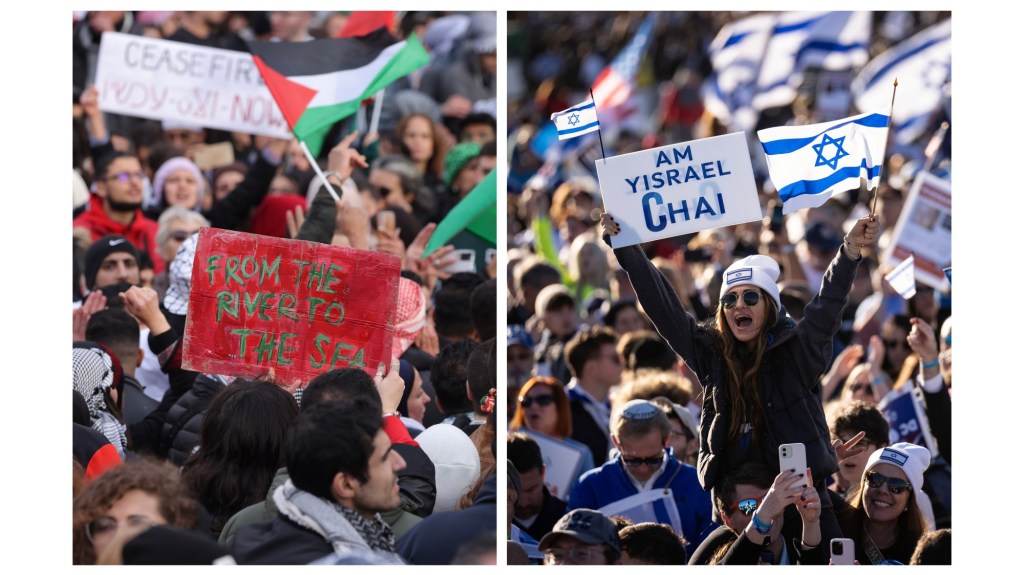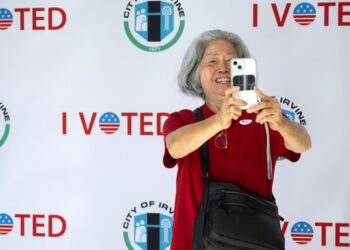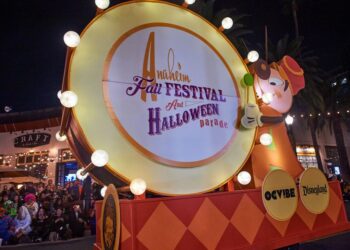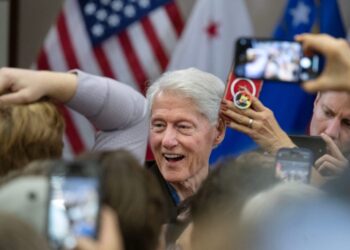From school campuses to public protests, tensions surrounding the longstanding conflict in the Middle East have escalated since the Oct. 7 Hamas attack on Israel, and the Jewish nation’s ensuing military campaign in the Gaza Strip.
Even oceans away, the U.S. and Southern California have become a battleground for white-hot debate — with some even turning into violence — on all sides. Reports of both antisemitism and Islamophobia have ramped up nationwide since the start of the Israel-Hamas war, which has already killed thousands.
One thing that unites pro-Israel, pro-Palestine, and even those who seek peace for all involved demonstrations are the chants – generally used as call-and-response anthems.
Phrases like “From the river to the sea, Palestine will be free” and “Am Yisrael Chai” – Hebrew for “the people of Israel live” – are often heard echoing at rallies and protests on all sides, where people are gathered together with those who have common ground, expressing the desire for freedom.
But such roiling chants can be seen as controversial, even divisive – depending on who is saying or hearing them.
Ella Ben-Hagai, a social psychologist and associate professor at Cal State Fullerton who has long researched the Israeli-Palestinian conflict, said that she’s “never seen such levels of polarization” on school campuses or online.
“These phrases replicate some of the very polarizing language that we’re seeing on social media. People chant them sometimes without knowing what they really mean… and the truth is only one truth,” said Ben-Hagai, who is Israeli. “For one side, somebody is a liberation fighter, and for the other side, that same person is a terrorist.”
Ben-Hagai said that the messages in chants often have to be “super-simplified” in order to be shared on social media, or for people to shout aloud and express.
“Because it’s so simple, then (these phrases) are more likely to not actually allow…
Read the full article here







